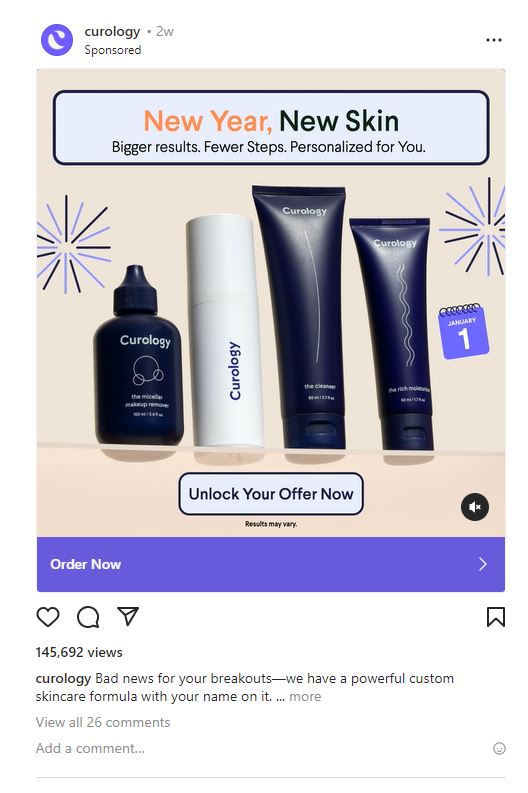
There is a famous quote from Benjamin Franklin that says the only two things certain in life are “death and taxes.” Living in the 21st century, I would like to add one more thing: advertisements.
If you wake up and turn on Spotify, you get ads. You scroll through TikTok and watch someone tell you to check out their Amazon storefront. You take the train to work and read the banner above the seats telling you to get tickets to visit a new museum. You turn on the radio to hear about better car insurance. You are exposed to ads on the sides of buildings, inside books, when you wake up and when you go to sleep.
Ads are so common that many of us have stopped questioning them, which can be problematic. However, it wasn’t always like this. It may surprise many of us college students that there was indeed a time in history — pre-1994 — during which advertisements weren’t as entrenched in daily life.
In 1994, the beginning of the end arose: for the first time ever, advertisements appeared digitally, according to scholars.com. For $30,000, an online ad for AT&T appeared on Hot Wired magazine for three months. It was a simple ad, I’m sure, but nonetheless, it opened the floodgates. No longer were advertisers limited to physical space, they now had unlimited space in the worldwide web. Popular websites cashed in on the idea of making advertisers pay to be a part of their domain space.
For example, YouTube, launched in December 2005, decided to incorporate ads before videos in December 2007. Facebook, founded in 2004, started incorporating ads in 2007, according to Facebook. But these ads were clearly ads that were separate from the content you were reading or watching. They only existed for the first 30 seconds before a video played or within a box that you could scroll past. You knew they were there and that they were there for the sole purpose of marketing. Transparency existed.
But advertisers are smart, and they soon figured out that if the consumers (us) recognize that an ad is an ad, the ad won’t be as impactful. Why would consumers trust someone they know is just selling to profit?
However, consumers were still listening to people who they felt they could trust such as the digital stars of YouTube — people who, of course, had their best interests at heart, right? With this realization, advertisers began to pay the people the consumers trusted to do the advertising. Instead of watching an innocent ‘Get ready with me’ routine online, consumers now have to wonder if the YouTuber is being paid to exclusively show a certain brand of hair products and rave about them.
As new apps roll out, the ads become more and more discreet. While YouTube now requires users to state if their videos include paid promotions, TikTok doesn’t have any rules to maintain advertisement transparency. With more than 1 billion users, it appears to be the perfect place for advertisers to get away with sneaky sales.
The problem with the lack of transparency in advertising isn’t the fact that you bought a new lipstick because you trusted @MakeupMallory and now the lipstick is actually awful and you wish you had that $18 back. The problem is that advertising influences people and there is no limit to what can be advertised, meaning that even politics or ideologies could be sold to us. You trusted @MakeupMallory for lipstick, so what will stop you from trusting @PoliticalPaul to tell you who to vote for?
Recently, a similar situation occurred in which Facebook’s parent company Meta was fined almost $25 million for political ad transparency violations on Oct. 27, according to NPR. In this case, Meta violated more than 800 of Washington State’s Fair Campaign Practices Act policies, in which companies are required to provide full disclosure of all information related to the financing of political campaigns
Though this act solely focused on political campaign transparency, full disclosure of all information related to the financing of all advertisement campaigns, including political campaigns, should be required for all media platforms.
Consumers do not deserve to be manipulated but deserve the right to know what they are consuming and the intentions behind it. It is up to us as consumers to demand that media companies, especially companies as big and influential as Facebook, are giving us the information we need to know to independently be able to make a choice, regardless of whether that choice is as big as a political candidate or as little as buying a lip balm.


